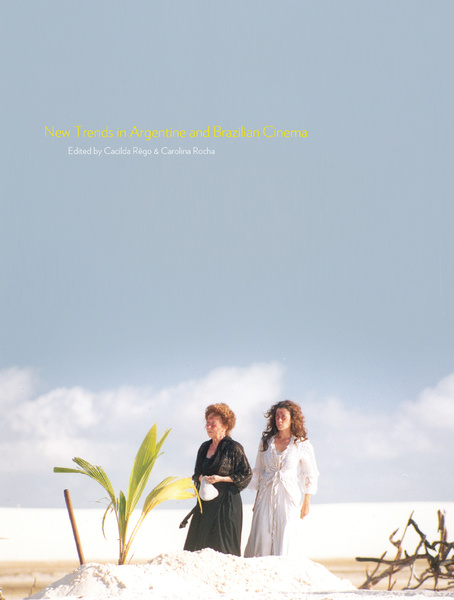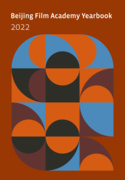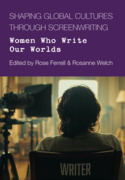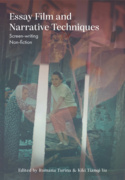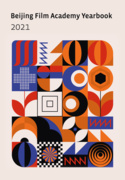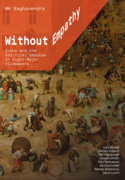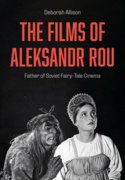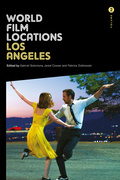New Trends in Argentine and Brazilian Cinema (Book)
As part of a raft of neoliberal economic reforms in the early 1990s, Brazilian president Fernando Collor de Mello and Argentine president Carlos Menem eliminated long-standing state financial support for cinema. National film production, distribution and exhibition were deeply affected by the absence of the entire structure and legislation on which they had relied for decades. By the mid-1990s, however, new laws were passed reestablishing subsidies and credit lines – and allowing for a rebirth of national cinema in both countries.
This comprehensive and accessible volume surveys Brazilian and Argentine cinematic production from its subsequent dramatic rebirth to the present. It addresses not only the commercially successful films but also the effects of globalization and cultural policies on public incentives for filmmaking. An indispensable resource for students of film and cultural studies, New Trends in Argentine and Brazilian Cinema is moreover an exciting glimpse into a momentous period in recent cinematic history.
Edition
As part of a raft of neoliberal economic reforms in the early 1990s, Brazilian president Fernando Collor de Mello and Argentine president Carlos Menem eliminated long-standing state financial support for cinema. National film production, distribution, and exhibition were deeply affected by the absence of the entire structure and legislation on which they had relied for decades. By the mid-1990s, however, new laws were passed reestablishing subsidies and credit lines—and allowing for a rebirth of national cinema in both countries.
This comprehensive and accessible volume surveys Brazilian and Argentine cinematic production from its subsequent dramatic rebirth to the present. It addresses not only the commercially successful films but also the effects of globalization and cultural policies on public incentives for filmmaking. An indispensable resource for students of film and cultural studies, New Trends in Argentine and Brazilian Cinema is moreover an exciting glimpse into a momentous period in recent cinematic history.
Carolina Rocha is professor of Spanish at Southern Illinois University Edwardsville. She specializes in Latin American film and literature. She is the author of Argentine Cinema and National Identity (1966–1976) and Masculinities in Contemporary Argentine Popular Cinema (Palgrave, 2012). She has also co-edited several volumes: Violence in Argentine Literature and Film with Elizabeth Montes Garces; New Trends in Argentine and Brazilian Cinema with Cacilda Rêgo; and Representing History, Gender and Class in Spain and Latin America, Children and Adolescents in Film and Screening Minors in Latin American Cinema with Georgia Seminet. She was a Fulbright scholar to Liverpool in 2014.
Cacilda M. Rêgo is an associate professor at Utah State University.


